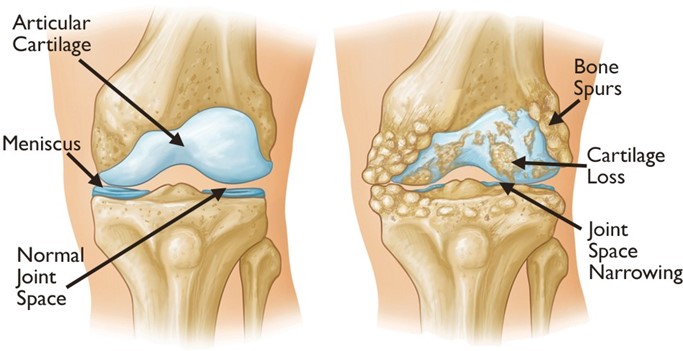A nurse is caring for a client who has major depressive disorder and is refusing their medication. The client's family suggests placing the client's medication in their food. Which of the following actions should the nurse take?
Schedule the medication at meal times.
Request the family talk to the provider about administering the medication by injection.
Inform the family that the client has the right not to take the medication.
Ask the family what foods the client likes.
The Correct Answer is C
The nurse should inform the family that the client has the right to refuse medication. It is important to
respect the client's autonomy and right to make decisions about their own care.
a) Scheduling the medication at meal times does not address the issue of the client refusing their medication.
b) Requesting that the family talk to the provider about administering the medication by injection may be an option, but it does not address the issue of informed consent.
d) Asking the family what foods the client likes does not address the issue of informed consent and could be seen as a way to deceive the client into taking their medication.
Nursing Test Bank
Naxlex Comprehensive Predictor Exams
Related Questions
Correct Answer is B
Explanation
b. Platelet count 90,000/mm3.
Explanation:
During pregnancy, it is important to monitor the client's platelet count because a low platelet count can indicate a condition called gestational thrombocytopenia or other potential complications such as preeclampsia or HELLP syndrome. A platelet count of 90,000/mm3 is lower than the normal range and should be reported to the provider for further evaluation and management.
Option a, Hgb 12 g/dL, falls within the normal range for hemoglobin during pregnancy, which is typically between 11-13.5 g/dL. Therefore, it does not require immediate notification to the provider.
Option c, Hematocrit 37%, also falls within the normal range for hematocrit during pregnancy, which is typically between 33-42%. Therefore, it does not require immediate notification to the provider.
Option d, Creatinine 0.7 mg/dL, is within the normal range for creatinine levels and does not indicate any immediate concerns or need for notification to the provider.
It is important to remember that the interpretation of laboratory results should be done in the context of the client's individual clinical presentation and the healthcare provider's assessment. Any concerns or abnormal findings should be communicated to the provider for further evaluation and appropriate management.
Correct Answer is B
Explanation
Applying heat to the affected joints can help relieve pain and stiffness. A heating pad or warm compress can be used to apply heat to the hands.
The other options are not correct because:
a) Sleeping on a soft mattress is not mentioned as a way to manage osteoarthritis symptoms.
b) Aspirin should be taken with food or milk to reduce stomach irritation.
c) Exercising inflamed joints excessively can worsen symptoms. It is important to balance rest and activity.

Whether you are a student looking to ace your exams or a practicing nurse seeking to enhance your expertise , our nursing education contents will empower you with the confidence and competence to make a difference in the lives of patients and become a respected leader in the healthcare field.
Visit Naxlex, invest in your future and unlock endless possibilities with our unparalleled nursing education contents today
Report Wrong Answer on the Current Question
Do you disagree with the answer? If yes, what is your expected answer? Explain.
Kindly be descriptive with the issue you are facing.
